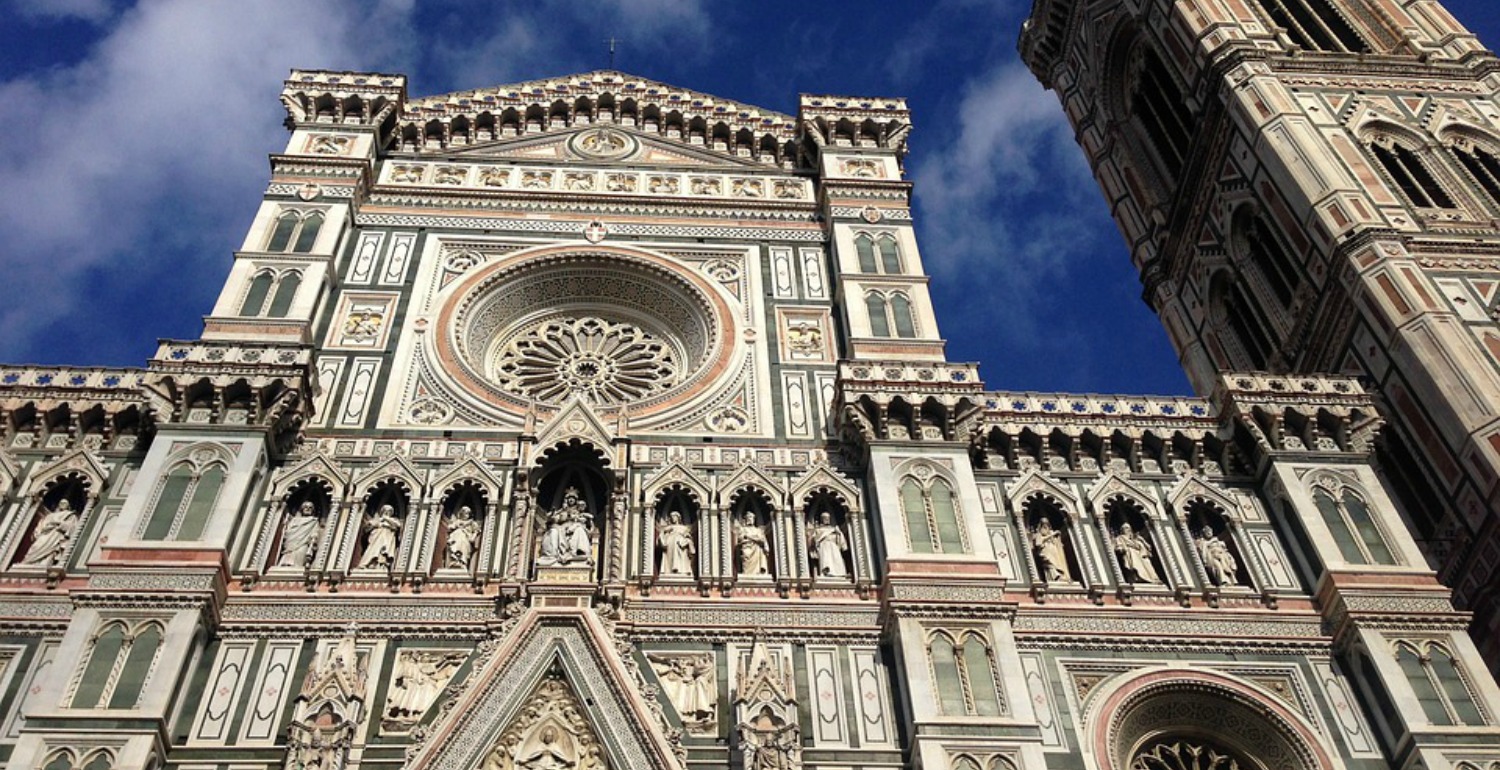This briefing presented a close examination of recent reports and studies showing an alarming rise in social and governmental hostility toward religion in general—and Christianity in particular—in Western Europe. Various topics of discussion underscored how the current state of affairs is in tension with Europe’s history as the intellectual birthplace of religious freedom, as well as with its commitment to democracy.
Witnesses testifying at the hearing – including Professor Tom Farr, Director of the Religious Freedom Project Berkley Center for Religion, Peace, and World Affairs at Georgetown University; Dr. Roger Trigg, Academic Director of the Kellogg Centre for the Study of Religion in Public Life at Oxford University; and Roger Kiska, Senior Counsel for the Alliance Defending Freedom – noted with concern the growing European trend to pit human rights against religious freedom. Censorship of the cross and other religious symbols, growing restrictions on parental rights in the area of the education of their children, and limitation on free expression—including religious expression—through “hate speech” laws were also identified as obstacles for religious liberty in Western Europe.








